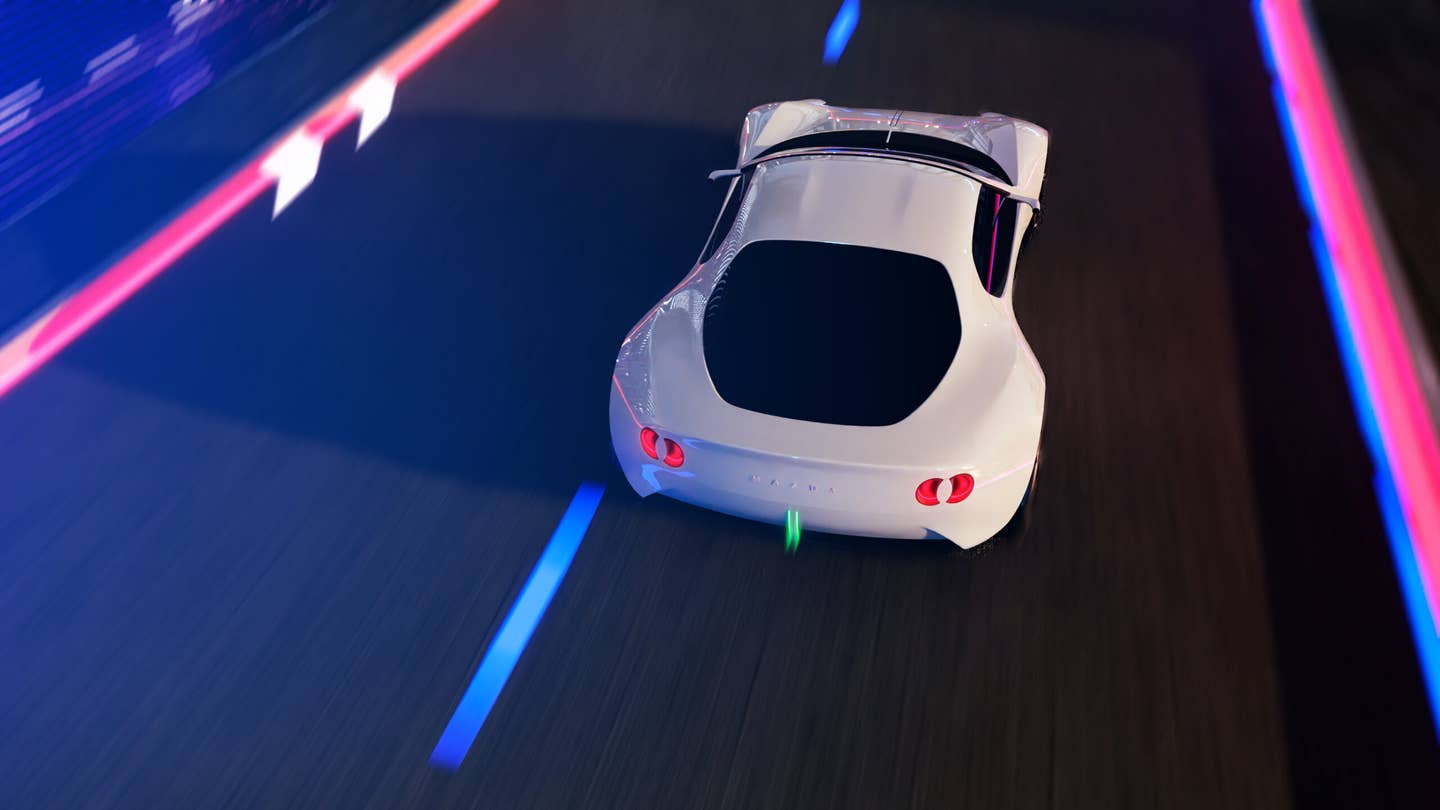Presented on Tuesday, Mazda disclosed its expansive $11 billion plan for the electrification of future automobiles, lagging behind competitors in terms of timing but maintaining a high level of ambition. At its heart lies Mazda’s intention to largely venture on its own, or at least without a major automaker, in the production of electric vehicles, which it projects will make up between 25% and 40% of its global sales by 2030.
As mentioned in an article on Automotive News, Mazda’s plans for electrification are expected to extend to the U.S., although the timeline for this move remains uncertain before 2027. Mazda’s CEO Akira Marumoto emphasized the importance of North America as the automaker’s primary market, although he acknowledged the challenges posed by the recently enacted Inflation Reduction Act’s requirement for electric vehicle components.
“Our most crucial market is North America,” he stated. “There are still aspects of the IRA that are unclear to us, and we need a more comprehensive understanding of it.”
“Due to the market’s significance, we aspire to manufacture electric vehicles in North America at some point. However, at present, we are contemplating the possibility during the latter half of phase 2.”
Mazda
Mazda’s long-term objectives include achieving carbon neutrality at its facilities by 2035 and becoming a carbon-neutral automaker by 2050. This endeavor heavily relies on a wide array of suppliers and partners enlisted to aid in the production of electric vehicles in the foreseeable future. Despite sharing a production site in Alabama with Toyota (which holds a 5% stake in Mazda), the automaker from Hiroshima has charted a course distinct from slightly larger domestic competitors like Honda and Subaru with its electrification strategy.
Mazda has unveiled a lineup of partners to facilitate their production of EVs and motors, including Ondo, Hiroshima Aluminum Industry, HIROTEC, and AESC, among others. This extensive network of suppliers contrasts with the approach taken by companies like Honda, which opted to collaborate with GM and Sony for certain EV projects, and Subaru, which is leveraging technology from Toyota for their EV lineup.
Mazda’s decision to forge ahead independently sets it apart, but aligns with its established approach. While Mazda has previously shared platforms with other automakers such as Ford, Toyota, and Fiat, it has largely maintained its independence among Japanese automakers, for better or for worse.
Perhaps this is why, alongside the shift towards electrification and supplier relationships, Mazda has introduced a sports car concept reminiscent of the iconic RX-7 as a guiding light for the future. Named the Vision Study Concept, this compact two-door model represents another enticing possibility. Mazda remains unwavering in its aspiration to establish itself as a profitable EV manufacturer in the future, with no hesitation in producing highly specialized vehicles—even if they may not yield significant profits.
Have a lead? Share it at tips@thedrive.com
